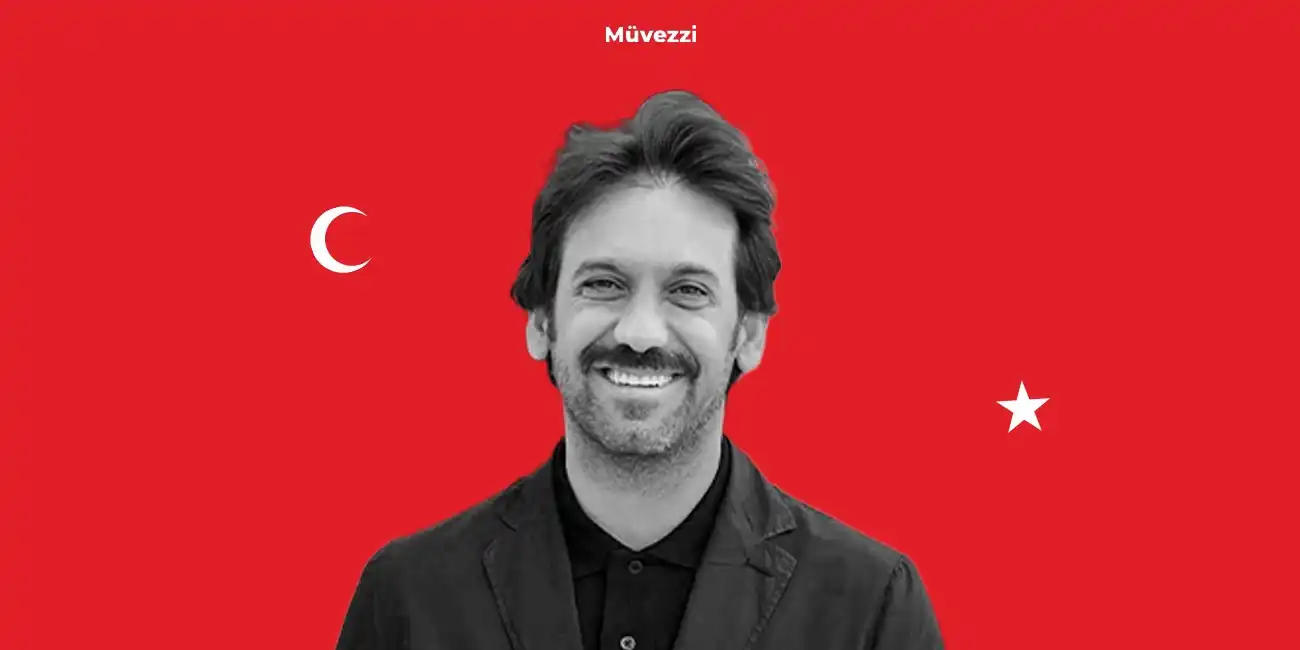
Deputy Minister of Culture and Tourism, Dr. Batuhan Mumcu, warns about the growing danger of reputation assassinations on social media. He highlights the devastating effects of these attacks on individuals' mental well-being, careers, and relationships. With the increase in disinformation and manipulation, such reputation-damaging incidents have become a serious concern.
The Role of Social Media in Reputation Assassination
Dr. Batuhan Mumcu underscores the significant role of social media in transforming communication. While it offers vast opportunities for information sharing, it also facilitates reputation assassination. The ability to disseminate information quickly to broad audiences makes social media a fertile ground for reputational attacks.
Platforms like these enable the spread of manipulative content and fake information, leading to deliberate reputational damage. Individuals or institutions can become victims of coordinated attacks, suffering from systematic attempts to tarnish their reputation.
Understanding Reputation Assassination
Reputation, derived from Arabic, symbolizes prestige earned through one's life and work. It influences societal expectations and perception of a person’s social value.
Reputation assassination involves a deliberate and systematic approach to harming someone's image through various digital channels, including social media, news sites, and forums. The motive can be personal, professional, commercial, or political, and the impact on the victim’s mental health and social dignity can be profound.
Disinformation and Manipulative Tactics
Misleading Information: Altered images, distorted quotes, and false headlines crafted to harm reputations. Such content often spreads rapidly, making it difficult to control the narrative.
Perception Management: Influential accounts may conduct disinformation campaigns to manipulate public opinion, playing a key role in reputation assassination.
Causes of Reputation Assassination on Social Media
Personal Vendettas: Attacks driven by jealousy, competition, or personal conflicts.
Political and Ideological Motives: Organized campaigns by opposing factions aimed at discrediting their rivals.
Strategies to Protect Against Reputation Assassination
Several strategies can be utilized to safeguard against reputation assassinations on social media. Promoting conscious media consumption and source verification are effective preventative measures. Collaboration among governments, civil society, and media organizations is crucial in combating disinformation.
Legal Protections and Reputation Safeguarding
Turkey has implemented regulations through the Press Law No. 7418 to control content on social media. These laws target the propagation of false information, with enforcement led by the Center for Combating Disinformation. Joint efforts from all stakeholders are essential to promote information integrity and respect online.
Key Questions on Reputation Assassination in Social Media
What is meant by reputation assassination on social media?
Reputation assassination involves coordinated efforts to damage an individual's or institution's reputation via disinformation and manipulation. This can include misleading content, distorted quotes, and altered visuals, leveraging the extensive reach of social media.
How can individuals protect themselves from reputation assassination?
Conscious media consumption is paramount. Verify sources and confirm the accuracy of information. Understanding legal rights and leveraging legal frameworks, such as Turkey's Press Law No. 7418, is also important. Media institutions and educational bodies play a critical role in promoting information security awareness.
Most Frequently Asked Questions
What are the common tactics used in reputation assassination on social media?
Reputation assassination on social media often involves disinformation and manipulation strategies. Common tactics include spreading misleading information such as altered images, distorted quotes, and false headlines. These tactics are designed to damage someone's reputation and often spread rapidly, making it hard to counteract the narrative. Additionally, influential social media accounts may conduct perception management campaigns to sway public opinion negatively. These orchestrated attacks can have severe emotional and professional repercussions for the targeted individual or institution, making it essential to understand and recognize these harmful methods.
How significant is the role of social media in reputation assassination?
The significance of social media in reputation assassination cannot be overstated. These platforms enable the rapid dissemination of information to vast audiences, making them a powerful tool for reputation damage. Social media's viral nature allows misleading content to spread quickly, amplifying the reach and impact of coordinated attacks. The environment of social platforms is ripe for manipulative content and disinformation, which can severely tarnish the reputations of individuals or institutions. The public perception shaped by such social media activity can have lasting effects, making the role of these platforms highly significant in reputation assassination.
What measures can be taken to protect oneself from reputation assassination on social media?
Protecting oneself from reputation assassination on social media involves several measures. First, conscious media consumption is crucial; always verify sources and the accuracy of information before accepting it as true. Legal avenues, such as Turkey's Press Law No. 7418, provide important protections against the spread of false information. Collaboration among governments, civil society, and media organizations is essential in combating disinformation. Additionally, promoting information security awareness through education can empower individuals and institutions to better protect their reputations against coordinated defamatory attacks on digital platforms.
Profile: Dr. Batuhan Mumcu
Dr. Batuhan Mumcu was born in Erzincan in 1983. He graduated from Near East University with a degree in Public Relations and pursued a master's and PhD in Political Science, focusing on cultural heritage protection. Having occupied various governmental roles, he published several works on cultural heritage and became Deputy Minister of Culture and Tourism in 2023. He represents Turkey in TURKSOY, serves on the Board of Trustees at the Yunus Emre Foundation, and is a member of the Galatasaray Sports Club Congress. Married with two children, Dr. Mumcu continues to advocate for cultural preservation and responsible communication.